Lorenzo Scarnati, ’26, is no stranger to being a leader.
Before arriving at Allegheny, the current sophomore class president was an Eagle Scout, a grade captain in marching band and a member of his high school student government. At Allegheny, Scarnati has spent the last two years as an ASG senator and was the only returning member at the start of this academic year.
After this semester, he said he’s done.
“I don’t really enjoy being in ASG anymore,” Scarnati said last week. “That hurts to say.”
In a wide-ranging interview that lasted more than an hour, Scarnati described a divided, tumultuous Allegheny Student Government. It’s a picture consistent with comments from ASG’s staff adviser, and comes two weeks after a March 22 Campus story in which an ASG cabinet member alleged a culture of ASG discouraging internal dissent.
Taken together, the stories shine a light into an organization with internal dysfunction, even as ASG leadership remains publicly quiet.
‘Lack of internal unity’
Scarnati described ASG as an organization of loosely interconnected groups that each do their own thing.
“I’ve struggled to find a connection within ASG, and there always seems to be something going on that I’m not aware of, whether it’s something in cabinet, something in another class senate,” Scarnati said. “There’s nothing facilitating a connection between, say, class senates and cabinet.”
A good example of this, Scarnati said, was a series of GAs last semester, in which ASG voted down Andrew Strobel, ’24, for treasurer in a contentious 4-4 vote with seven abstentions and no prior discussion.
After the vote, senators Lyndsey Robinson, ’24, and Ray Colabawalla, ’25, floated the idea of splitting the treasurer’s position in two with a constitutional amendment.
“It (the vote) was person by person, and as the vote went on, people seemed to be less and less certain of what was happening,” Scarnati said. “They brought up the splitting amendment right after — I had no knowledge of that, that wasn’t something anybody came and told me about.”
On the other hand, Scarnati considered that the cracks appearing in student government could only be from his perspective.
“I do feel like it’s just a lack of internal unity, but at the same time, I feel like a bit of it is my fault,” he said.
Understanding why requires going back to last year. For Scarnati, ASG started out as a relatively fun experience; in his first semester in the fall of 2022, he served in Senate in a class that included current Vice President Sam Ault, ’26, Director of Press and Communications Jude Chiari Gotschall, ’26, and Director of Organizational Development V O’Connell-Belcher, ’26.
Scarnati recounted an informal atmosphere that first semester, where he and his colleagues would chat during meetings about their shared experiences as first-years. That fell apart last spring, he said.
“Probably due to how stressful elections were at the time — I don’t know,” Scarnati said. “I don’t remember what happened, but I do remember the feeling — it was just a kind of frustrating and not super enjoyable second semester. It felt like the connection we had the semester prior just deteriorated, and I was kind of left on my own a bit.”
Despite previously serving in Senate with two cabinet members and the vice president, Scarnati says that this year he feels little connection to the executive branch.
Moving into this year, Scarnati felt that he was responsible for maintaining a positive class environment and connections, but that his own personal stubbornness and reluctance to reach out to other members of ASG may be playing into his experience this year.
“Part of my own criticism here is that I think my own perspective is kind of limited, because I could be more active and connected to the rest of the student government,” Scarnati said. “Maybe then I would be able to differentiate if everybody else is unified and I’m not in on it, or if it is just totally disconnected and I’m not alone.”
But he’s not alone in this assessment; Dean for Student Life and ASG adviser Trae Yeckley agreed with the idea of ASG as not being unified.
“Anyone who’s attended an ASG meeting or has read your articles in the paper about it, I think has seen that it can feel, and at times does feel, really disjointed,” Yeckley said in an interview Tuesday. “Each Senate class is kind of doing their own thing, the cabinet is kind of doing their own thing. And yes, we come together on Tuesday evenings and share what we’re doing, but there doesn’t seem to be this sense of unity of, ‘We are ASG.’”
Scarnati sees part of the problem as being a lack of dedicated space for ASG to brainstorm ideas and connect on issues, including the fact that there were no training retreats or formal dances planned for this year.
A number of factors contributed to the lack of training, according to Yeckley, including the turnover in ASG advisers — Yeckley is the third in five years — and a “rocky” transition between ASG administrations at the end of last spring that made it difficult for the current administration members to get their feet under them.
That, Yeckley said, will change for the next academic year.
“I don’t want us to come back in the fall and have to start all over again,” Yeckley said. “I want us to keep working on this momentum coming from now, until the first GA in September.”
Response to March 22 story
The interviews with Scarnati and Yeckley came after March 22, when The Campus published a story detailing allegations that ASG discourages internal dissent. Specifically, Co-Director of Student Affairs London Dejarnette, ’24, said they and their co-director, Iris Styers, ’26, were criticized in a private meeting in February for publicly supporting constituent criticism of an amendment that would merge the directorships of sustainability and Student Affairs.
The amendment’s aim was to shrink an often-unfilled ASG cabinet, something Scarnati does understand the rationale behind.
“At the same time, I can completely understand London and Iris’ frustration with consolidating other things into their positions,” Scarnati said. “They do a lot for this campus.”
Scarnati served for a year and a half on the Student Affairs committee, and said that the portfolio’s work is important. His words echoed something Dejarnette said in the March 22 story.
Dejarnette told The Campus that, while they considered resigning due to the workload and ASG culture, they are staying in ASG because they see the work of Student Affairs — which includes distributing pads, tampons and condoms, as well as bringing STI testing to campus and coordinating dining feedback — as “incredibly important aspects of student life on campus.”
Scarnati said he’s not sure if he agrees with Dejarnette’s assessment that ASG leadership is more concerned with their image than with solving problems. If that were the case, he said ASG would do a better job as an organization on public-facing projects.
As an example, Scarnati pointed to the first day of presidential elections on Sunday, March 24, when polls opened with almost no public announcement by ASG. Scarnati said he did not receive any internal emails notifying him that elections had started and only found out after receiving a screenshot of a post on the anonymous social media site Yik Yak.
“After digging into that a little bit further, I noticed nothing on Instagram, nothing on Facebook, nothing in the GA minutes, nothing in the newspaper — seemingly no public record, aside from the fliers that had been put up in the campus center, that elections were starting,” Scarnati said. “There didn’t seem to be anything about elections until a portion of the period had already passed. We could do better than that.”
ASG made just three permanent posts on Instagram about the election this year, and none with candidate profiles or notices about polls opening. By comparison, ASG made 10 election posts on Instagram last year, including candidate profiles and information on how to vote in both the primary and general elections.
For their part, Yeckley pointed out that given the fractures in ASG, it can be hard to classify the organization as singularly concerned about one thing over another. They added that in their experience, ASG leadership has not been overly concerned with image over substance.
“I’m not going to say, ‘No that’s wrong,’ because I don’t want to tell somebody what their perspective and their truth is,” Yeckley said. “I can say that in my interactions, at least with the president and vice president, that is not something that has come across to me, that they are more concerned about the image of ASG than actually getting things done.”
Further Allegations
Scarnati’s story comes amidst a broader set of allegations made by Dejarnette during their original March 20 interview regarding ASG leadership’s internal conduct, including that cabinet members have made official decisions based on private reasons.
In mid-October, Dejarnette said, a senior ASG cabinet member removed two students from an email list of participants for a dining meeting with Aramark due to a personal conflict over a No Contact Order.
NCOs are behavioral restrictions issued by the Student Life Office to prevent further interpersonal conflict between students. They are not considered disciplinary actions but are housed under student conduct.
When Dejarnette anonymously reported that member to an administrator for a possible violation of student conduct policies, the member sent Dejarnette a text message telling Dejarnette that they had gotten the member in trouble. Dejarnette provided text messages and a series of emails to corroborate the account.
College officials declined to comment on the case; the federal Family Educational Rights and Privacy Act prohibits schools from releasing information about a student’s academic record, which includes any disciplinary action for student conduct.
While Dejarnette did identify the cabinet member, The Campus is not publishing their name given the case involves student conduct records that may be covered by FERPA.
The whole incident made Dejarnette uncomfortable, to the point that an informal No Contact Order was briefly placed between the member and Dejarnette, they said.
Yeckley declined to comment on the situation, but did speak more broadly about their role as adviser.
“I’m not specifically saying this is what happened in this situation, but part of advising ASG is helping them grow,” Yeckley said. “Helping students grow to figure out this is how, when you are a leader — this is how you use that power effectively, this is how you not misuse that power. And really trying to help students grow from any mistakes that they may make.”
In addition to the October incident, Dejarnette said that few internal support mechanisms exist for cabinet members, despite some students regularly asking for help.
In particular, Dejarnette alleged that former treasurer Hunter Goerman, ’25, repeatedly said that his finance workload was too heavy for an unpaid position before he abruptly left office on Halloween.
“It seemed like something that was of little concern to them because I think they just assumed that somebody else could do it better,” Dejarnette said of Ault and ASG President Nicole Recio Bremer, ’25. “I don’t think there was much consideration of how that role was going.”
Dejarnette’s account has been partially corroborated by public conversations. In one GA last semester, Colabawalla, one of the drafters of the finance amendment, said that he has seen ASG treasurers struggle with the role for three years, and that when he spoke with all three still at the college they described a workload of eight to 15 hours a week.
“I’m hoping to speak to … the person that applied and the person that left from the position prior, and ask them to see whether they would be interested in it still,” Colabawalla said at another fall GA, referring to Strobel and Goerman, respectively. “Especially considering the person that left, left because the workload is too much, and so now that issue has been addressed and hopefully the other person that applied can now reapply to the position since it’s changed.”
At the Oct. 31, 2023 GA, Ault said that Goerman “had stepped down,” and no official reason was ever given for Goerman’s departure.
Goerman declined to comment on his departure in early November and did not respond to multiple requests for comment for this story.
Speaking on Tuesday, Yeckley declined to comment on Goerman’s departure but did note that conversations about cabinet workloads were a consistent fixture this year.
“This has been a very big conversation that’s been happening all year in a very public way,” Yeckley said. “There is a lot of time commitment to it and it does take a lot of work, and I think sometimes students aren’t quite aware of how much time and energy it takes to be a part of our student government and to be in these leadership positions.”
Part of the issue with conversations on cabinet workloads, Yeckley said Tuesday, is being aware of the fact that different positions have different sets of pressures almost by definition. They pointed to the finance position as an example; since all ASG payments technically come from the college, slow payment processing by ASG to vendors can reflect poorly on Allegheny, which is unacceptable, in Yeckley’s opinion.
“I think something that we can really improve on is, as a cabinet or even as a Senate, how do we as a whole, how do we rely on each other so that one person doesn’t feel like they’re doing the workload?” Yeckley said. “How do we use that finance committee to take some of that pressure off of that one student?”
Official silence
Since Dejarnette’s allegations were published on March 22, there has been little official response from ASG and no public discussion by students in GA.
Both Ault and Recio Bremer did not respond to a request for comment for this story. All four Senate class presidents — Scarnati, Sasha Holguin, ’24, Asaad Bell, ’25, and Aubrey Carion, ’27, — were contacted for this story, with only Scarnati agreeing an interview. Bell declined to comment, citing a lack of knowledge of ASG’s cabinet, while Holguin and Carion did not respond.
Even ASG’s adviser had little insight into the silence; Yeckley noted that March and April are typically busy months for students but was not sure the reason for such little reaction.
“I don’t know,” Yeckley said. “I wish I knew.”
In an emailed statement Monday, Dean for the Student Experience Ian Binnington declined to comment on the specifics of the story.
“ASG is vital to the College shared governance structure,” Binnington wrote. “It is critical that the voice of students be heard in conversations that affect students, which takes place through interactions between students on ASG and College leadership and through student participation in governance committees. A strong ASG benefits everyone on campus.”
What’s next
The ultimate result of all this? ASG’s advising, at least, will look different next year.
“This year has been really eye-opening for me,” Yeckley said. “I feel a lot more informed about how to advise a student government, and so I think there will be a lot more training and leadership development, stuff like that.”
Some of the challenge, Yeckley said, will be encouraging students to join student government in the first place.
“How do we really sell ASG as something that is valuable to the college? Because it is,” Yeckley said. “It is a very valuable part of the shared governance process and also very valuable in that ASG shares things with our Board of Trustees on a fairly regular basis and is involved in conversations regarding, for example, the dining contract.”
For his part, Scarnati does not plan on attending any further General Assemblies, for the simple fact the meetings are too taxing.
“To me it always feels tense in there — it feels stressful, I feel exhausted,” Scarnati said. “One of the meetings during the treasury stuff, my heart rate was so high my watch thought I was doing aerobic exercise. It sucks when people are arguing, it sucks when things feel like they’re out of control, it sucks when there doesn’t seem to be a reasonable solution to a problem, it sucks when people shut down discussion of problems.”
Instead, he’ll be spending the rest of the semester preparing the Class of 2026 for next year. Once he steps down from ASG, Scarnati plans to focus more on himself and the clubs he actually does enjoy.
“I’m always hopeful that things will be better, and I always wish that there was more I could do, it’s the inner perfectionist in me,” Scarnati said. “If leading by example helps, then I think I’ve done the best I can.”



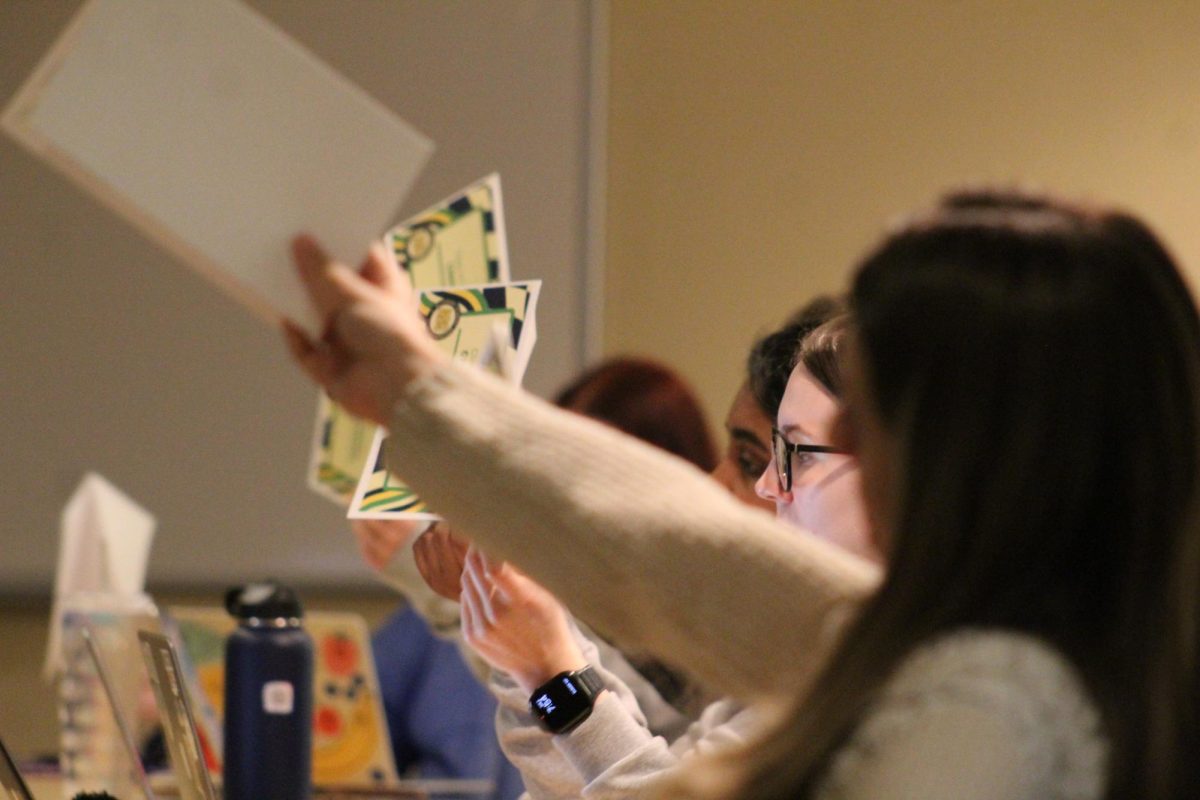
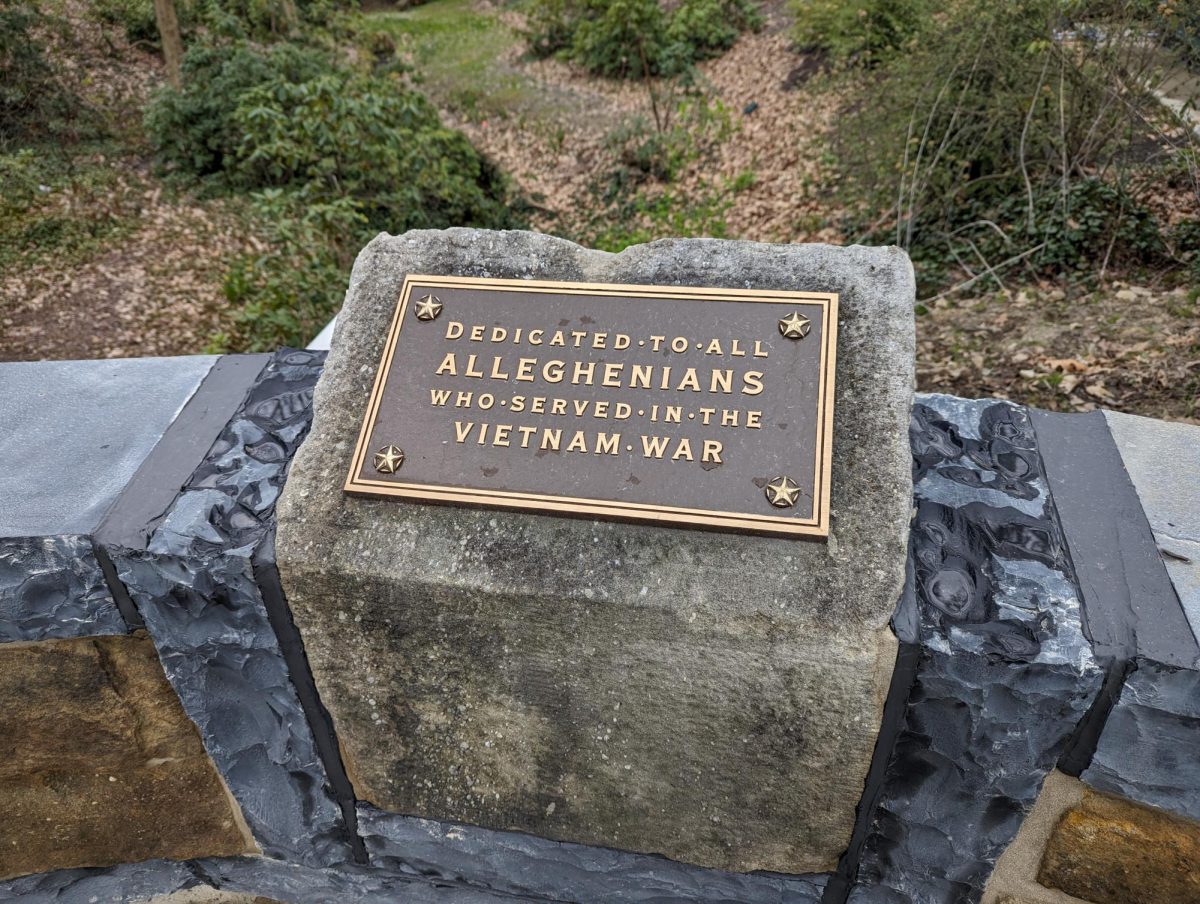

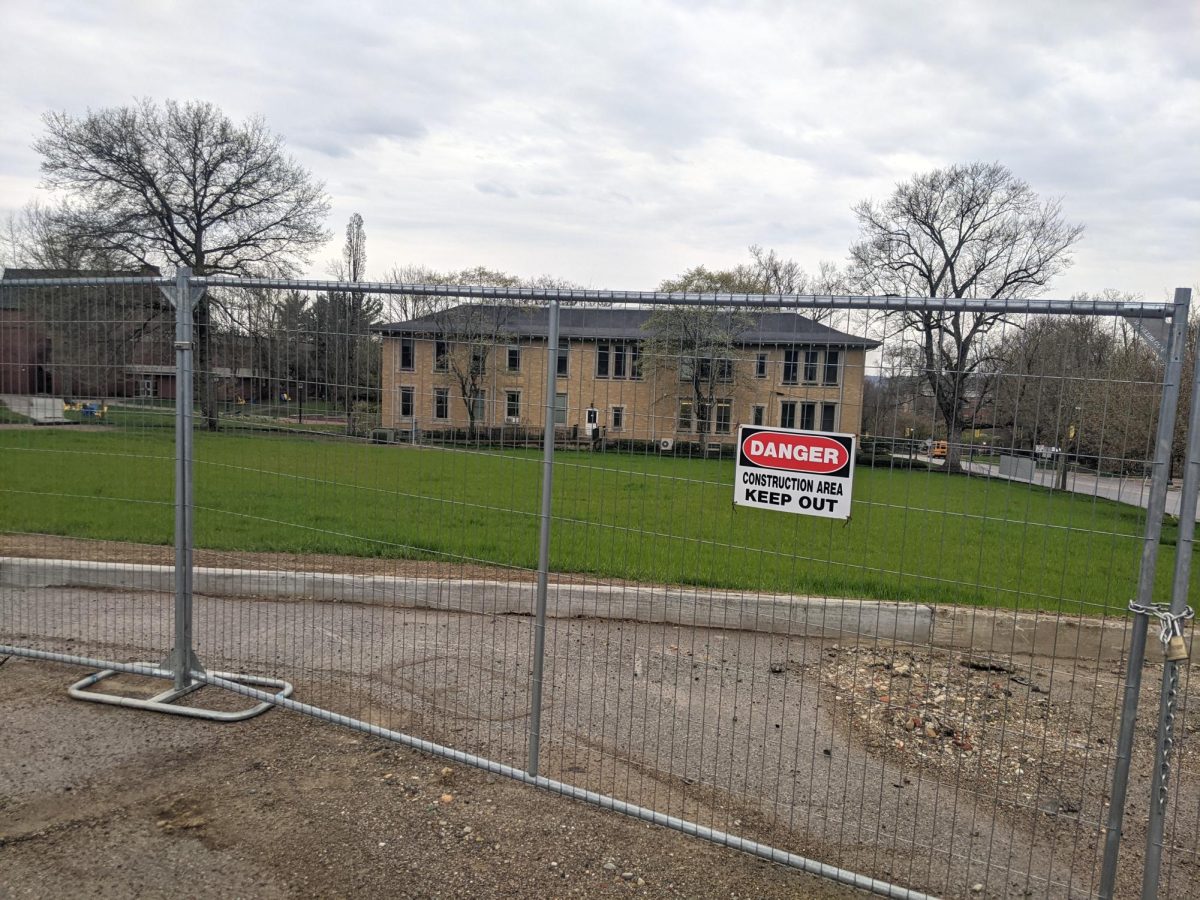
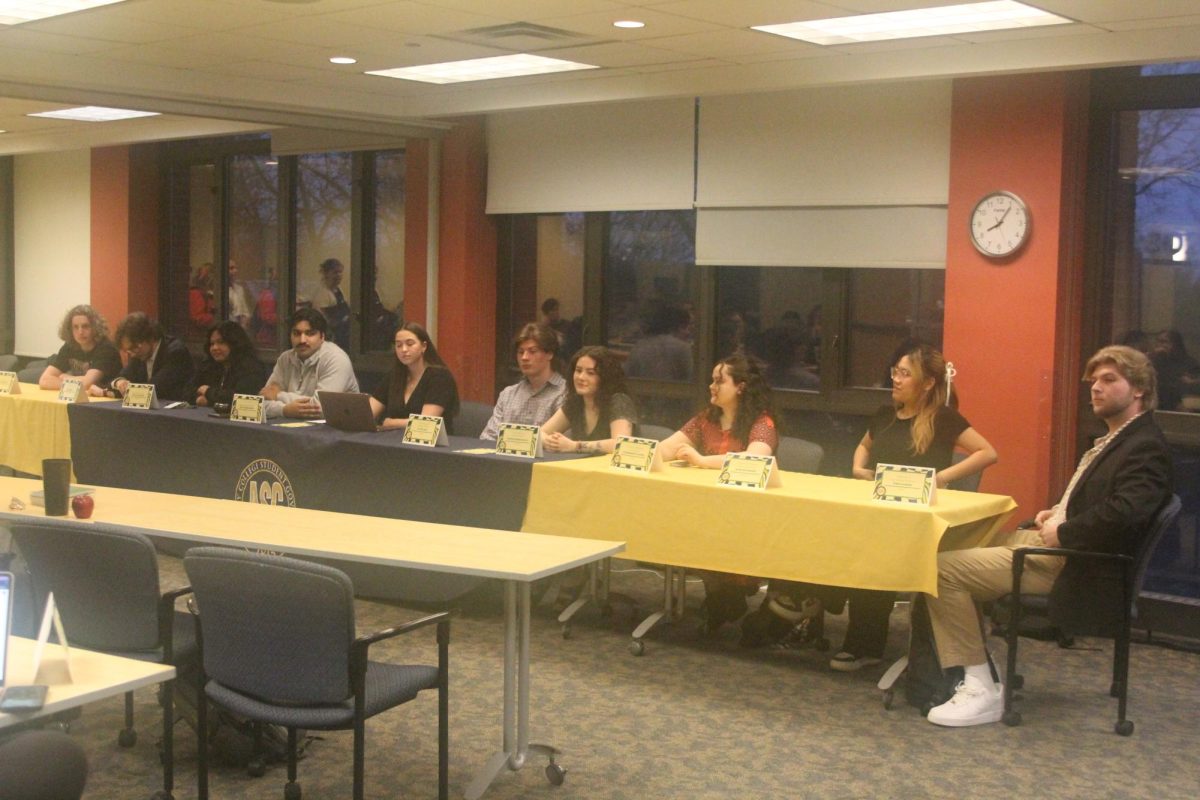
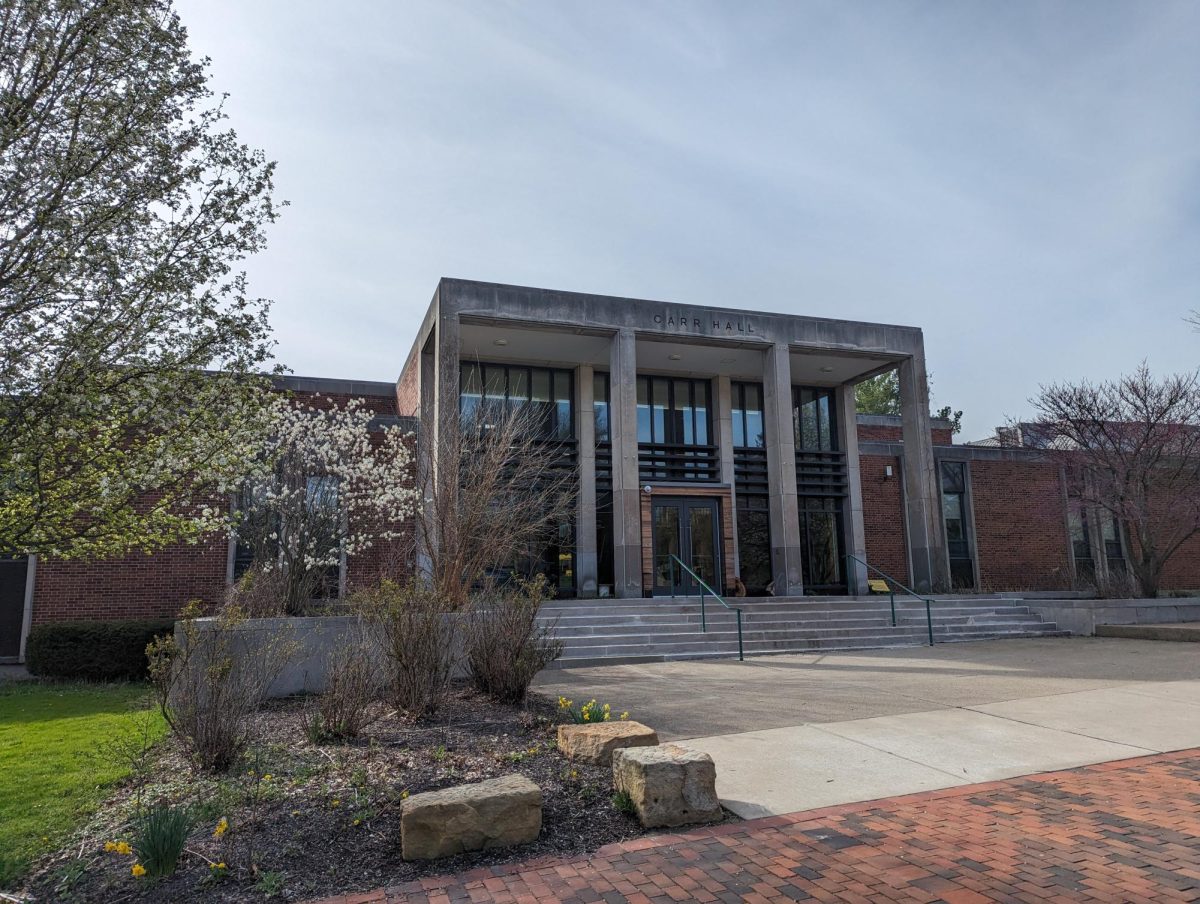
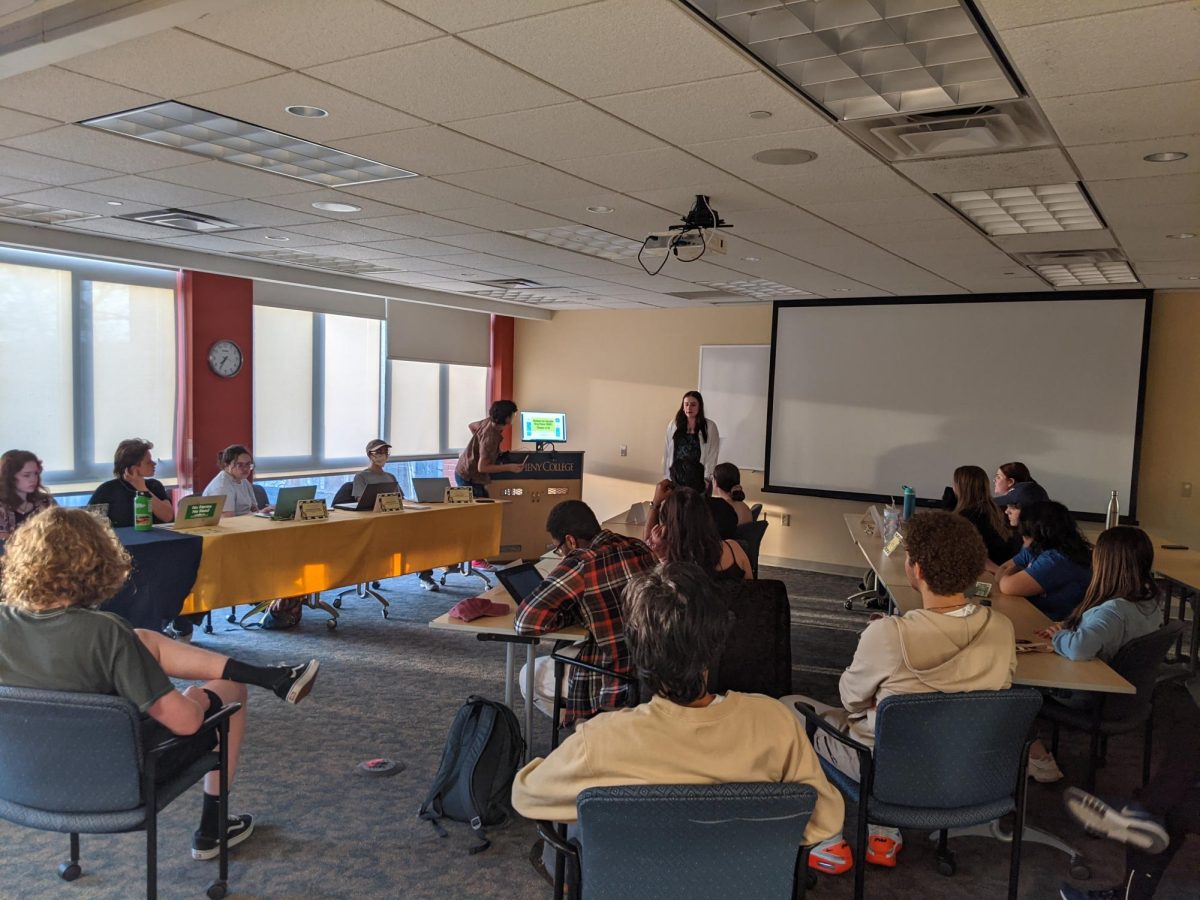

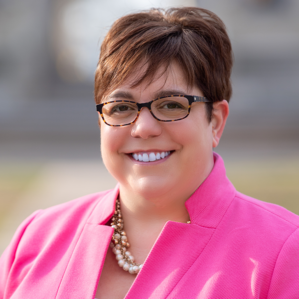
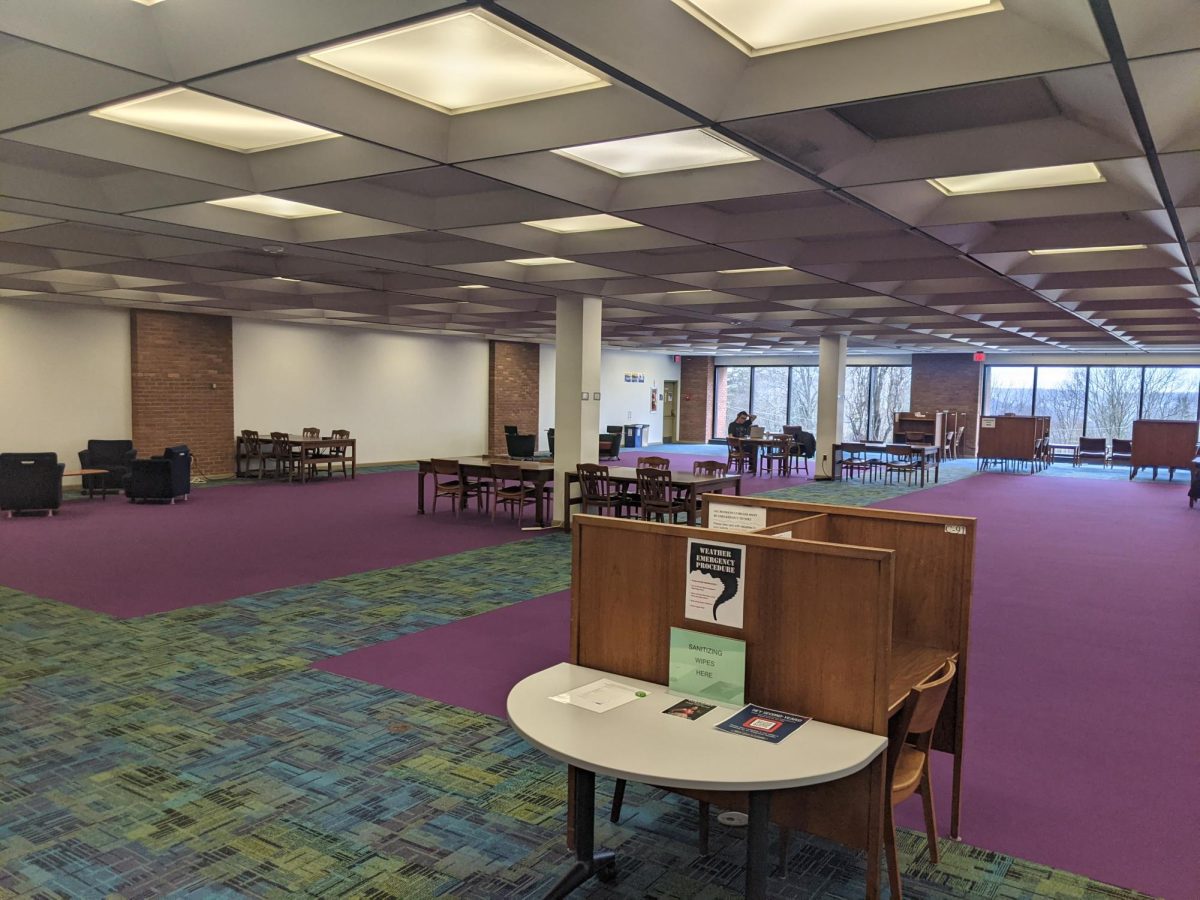
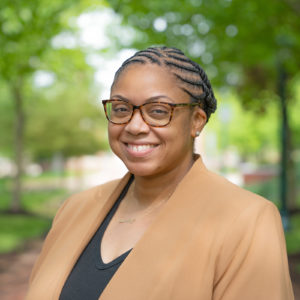

Al Coppolo ‘78 • Apr 5, 2024 at 12:21 pm
This is such a sad commentary. Not to say that there appear clear causes or solutions. Unfortunately and hopefully only coincidentally there are so many parallels between these issues and what is transpiring at a national level. If this can’t be solved in an environment like Allegheny, how in the world can we hope that the liberal arts experience is preparing today’s young people to create a better environment for all of us in the future.
The article leaves me curious about how clearly ASG’s mission is understood, how well the student community believes ASG is capable of fulfilling that mission, how well “trained” members of ASG are in the responsibilities and protocols of their roles, and lastly, what common experience ASG members celebrate that motivates them to perform effectively.
Puzzling.
Al Coppolo ‘78